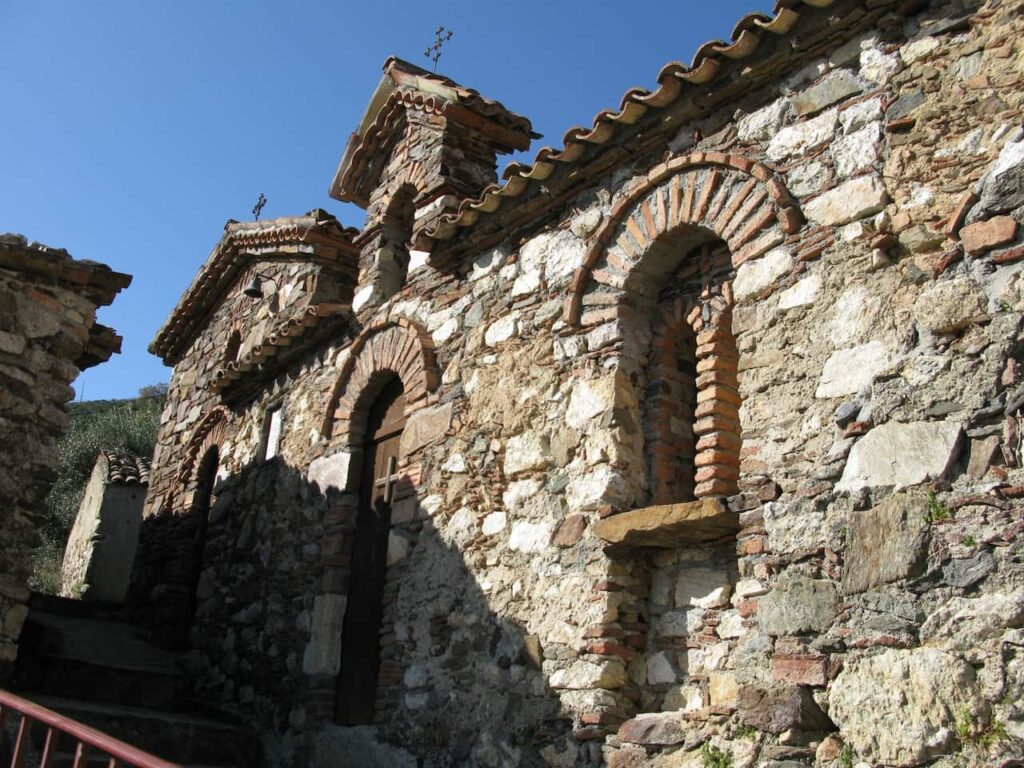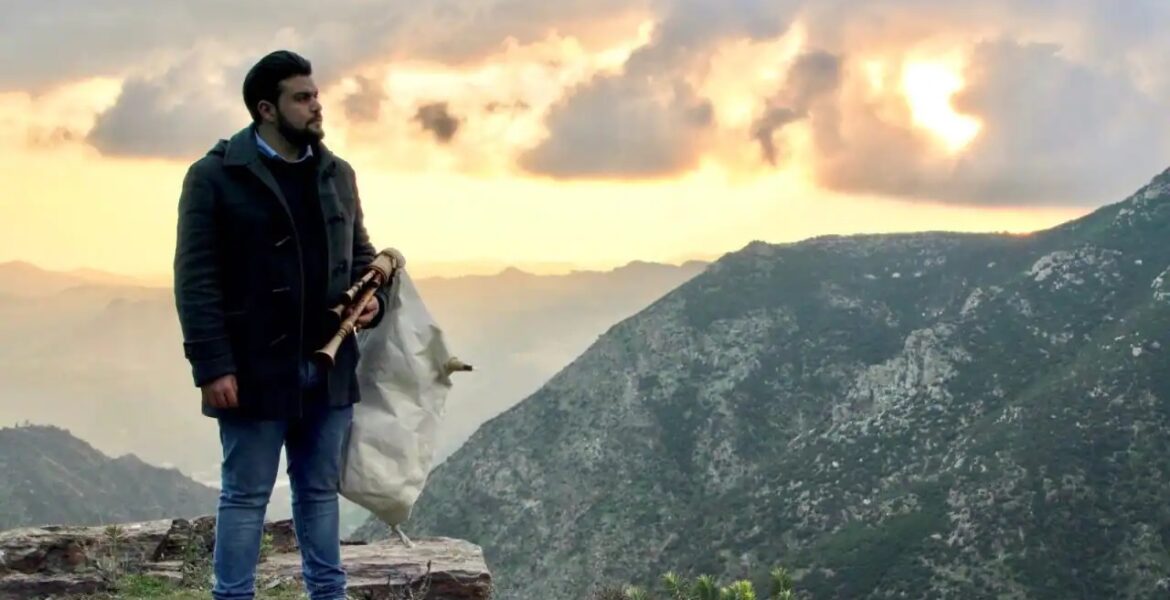A handful of young people have decided to put themselves at the forefront to preserve the age-old language of the Greek-speaking area of Calabria.
There is a small Greek area located on the extreme southern tip of Calabria which has a handful of municipalities that mostly arise far from the coast, at the heights of the Aspromonte, whose geographical inaccessibility has allowed the preservation of an ancient culture.
In these areas the Greek of Calabria spoken is Grecanico, or the Calabrian Greek dialect, a minority language spoken by very few inhabitants and is included by UNESCO in the World Atlas of Endangered Languages.

"Keeping this language alive is not only important from a historical point of view but also from an emotional point of view," said Pantaleone Danilo Brancati, president of the "Jalò tu Vùa" association, which represents the Greeks of Calabria in the area around the village of Bova Marina.
“We try to do everything to not let this language die. There has been a lot of talk about Greek but right now there is a need to speak Grecanico, a language that is not in excellent health, unfortunately. We have had some very serious losses among speakers lately, we really feel the weight of time passing", said the young man to SBS Italiano.
On the one hand, the older custodians of the language are disappearing, and on the other young people are emigrating but, with a handful of young people remaining in the area, Brancati is in the front line so as not to make the Greek language of Calabria disappear.
The association organises Grecanico courses for children and a Greek week in August.
“The whole Greek-Calabrian world returns to its home. Many kids live outside to study or work but in that week they come back and we immerse ourselves in Greek: in the morning we have language classes and in the afternoon we go to the area, talk to the people and go on excursions”.

The Greek dialect of Calabria has many points in common with the modern Greek language, but the origins of the language are still debated.
According to some scholars, there would have been a linguistic continuity from the period of Magna Graecia (in Ancient Greece) to today, while others argue that it is a dialect derived from Byzantine Greek.
The language was spoken throughout Southern Calabria until the 16th century, to be replaced over time first by the Romance dialect and then by Italian.
Moving through the streets of these Calabrian villages, you notice that the road signs are in two languages, Grecanico and Italian: "A sort of daily reminder that takes us back to our origins".
Brancati expresses his deep bond with the millenary culture of his territory also through music.
"Studying and immersing yourself in the music of the area I think is a slightly different experience than that of a traditional musician", he explained.
View this post on Instagram
“Ever since I was a teenager I had the desire to play traditional instruments: the bagpipes, the accordion, the tambourine... To do this, I frequented the homes of the elderly in my town. Most of them spoke Grecanico, many of their songs were in Grecanico. In addition, my paternal grandfather teased us grandchildren in Grecanico and taught us our first words,” recalled Brancati.
The beginning of an adventure between music and language for the preservation of the Greek-Calabrian dialect.
“Hellenism also from a spiritual point of view is quite alive and let's say it takes and gives in the present. Even if everything seems extinguished, in reality there is a fire burning under the ashes... Just rediscover it," he stressed.
Francesca Valdinoci is a columnist for SBS Italiano.
READ MORE: MAGNA GRAECIA: March of the Dionisyan Cult in Crotone, Italy (VIDEO)


